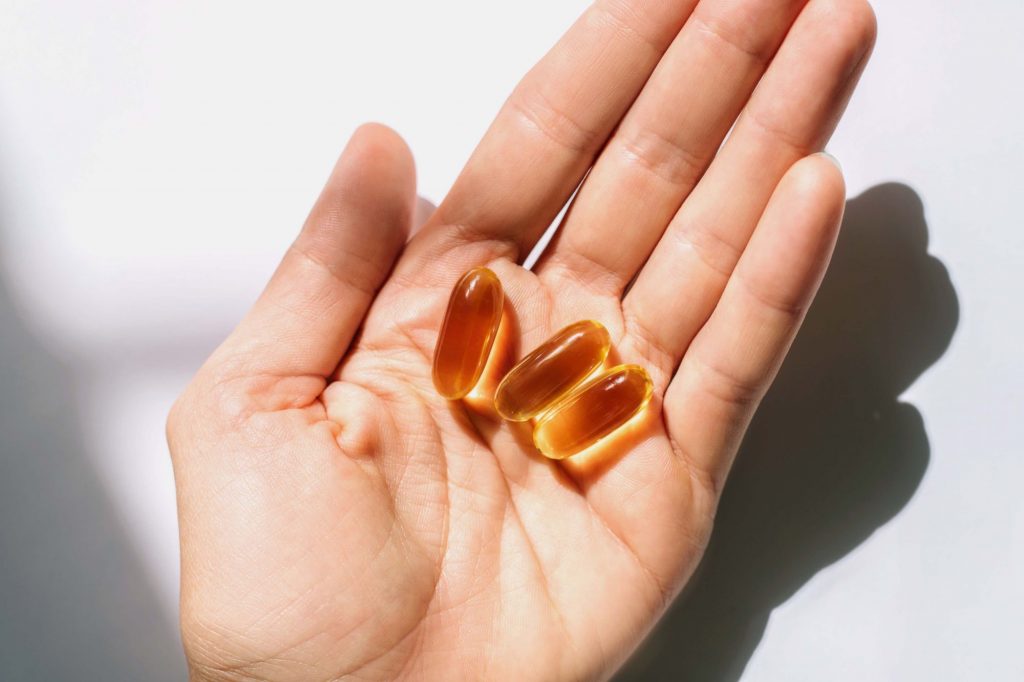Our health expert shares how to brighten up your health by getting your daily dose of the “sunshine vitamin”.
How often do you get out into the sunshine in winter?
If you’re working full time and head to the office early, chances are that might not be every day. It might not even be every second day.
In fact, it’s pretty easy when the dark days of winter are upon us to go from house to transport to work to transport to home, and not spend any time outside at all. If it’s wet, or you live in southern parts of the country, it might be even more common. And it might be having an effect on our health. That’s because sunlight – and exposing our skin to it – is the main way we get vitamin D.
This important vitamin is produced in the skin after exposure to UVB light from the sun, and then processed by the body to become metabolically active and do its work. It’s sometimes called the “sunshine vitamin”. Vitamin D does lots of things in our bodies.
Most importantly, it plays a vital role in bone health, helping with calcium absorption and protecting bones from fracturing as we get older. It also helps to keep our muscles working. A lack of vitamin D is associated with osteoporosis; for women, this is a big issue as we age.
Emerging evidence suggests that vitamin D could do other important things. It may boost our immunity and protect us from viruses like the flu. There are links between low levels of vitamin D and quite a few diseases, ranging from cancers to cardiovascular disease and type 2 diabetes. There’s also a possible link with some mental health conditions such as depression – scientists are still getting to the bottom of this, but it makes sense to keep our sunshine vitamin levels topped up.
How to get your daily dose of Vitamin D
Getting vitamin D from the sun can be tricky because, as we know, we need to be very careful about sun exposure and the risk of skin cancer. So, this is a balancing act. In summer, we don’t really need to make a point of getting outside – we’ll get enough vitamin D from incidental exposure.
In winter, though, it’s advised that we try and get out in the sunlight for around 15 minutes a day – if we can – at least three days a week. Get a bit of skin exposed, even if it’s just your face and hands. And it’s probably still going to work even if you’re wearing sunblock – there’ll likely still be gaps where the light can get through.
We also get a little bit of vitamin D from food, though not as much as we might think. There are small amounts in meat, oily fish, eggs and fortified foods such as dairy products and non-dairy milks (the oat milk in my fridge has some added, for example). It’s probably difficult to get all the vitamin D we need just from food, though.
How do we know if we are at risk of low vitamin D levels?
It’s surprising, perhaps, to think that with the strong sunshine we get here in Aotearoa, that we might have low vitamin D levels. But it can be a problem for quite a few of us. People with darker skin tones absorb less vitamin D naturally from the sun, and people who spend a lot of time indoors, or who cover up for cultural reasons, can be at higher risk, too. Older people and those in rest homes tend to be low in vitamin D.
A big University of Auckland study on vitamin D, the ViDA study, found that 20% of Pākehā, 39% of Māori, 47% of Pacific Island and 72% of South Asian participants had less than 50 nmol/L of vitamin D in their blood – the level recommended for good health.
Our vitamin D levels drop during winter and spring, presumably as the stores we’ve built up over summer gradually decline. If you’re concerned about your levels, ask your doctor about getting your vitamin D status tested. It’s a simple blood test, and a good idea before deciding whether you need any extra help to get your levels up.

So, should we take a supplement?
The answer here seems to be yes, but only if you have low levels of vitamin D to start with. If your levels are normal, the evidence is that you’re not going to get any extra benefits from taking a supplement. The recommended dosage is 1000 to 2000 IU per day (25 to 50 mcg). It’s not likely you’ll need this in summer if you’re outside regularly, so if you do take a supplement, limit it to winter.
If your levels are normal, the evidence is that you’re not going to get any extra benefits from taking a supplement
Oh, and if you don’t want to take a pill and you can stomach it, you can get that amount easily from a tablespoon of cod liver oil every day – proving that Nana was right, yet again!








